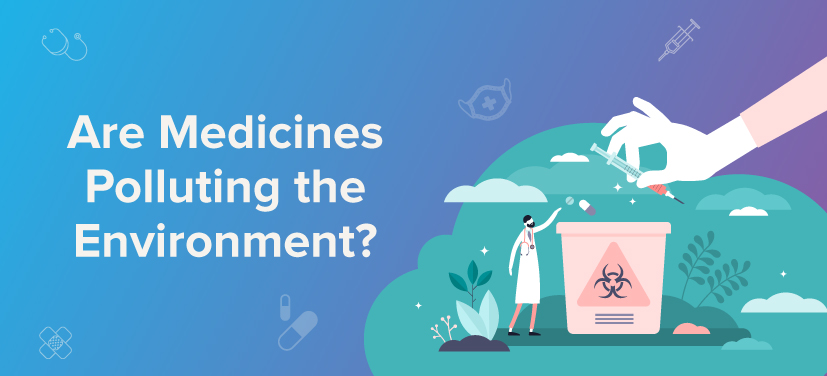
Achoo! Cough, cough… a little pain here, a little pain there… At some point, all of us come across some kind of disturbance to our health. Who among us has never had a headache, a cold, or even some pain? Nowadays, there are medicines to treat almost every pain or disease, even in severe cases. Then, it’s all good, right? Everyone wins this game, right? Well, maybe not everyone.
There are a few important things about medicines that every young mind should know. First, never use any kind of medicine without approval from a doctor or your parents. Another important thing to know is never to dispose of any kind of medicine without knowing the proper way to do it.
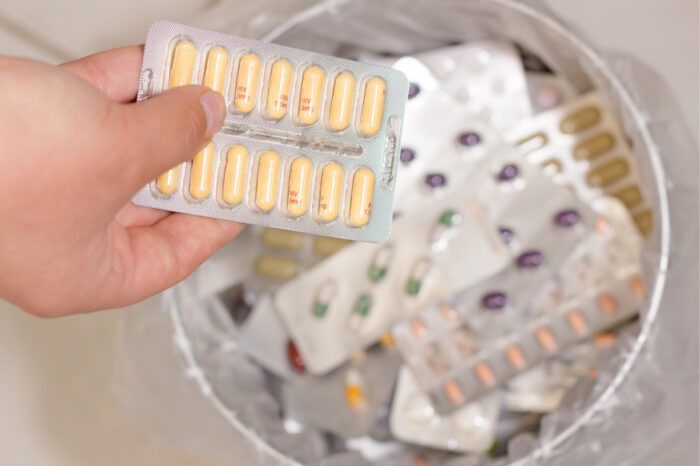
Medicines are powerful substances that are made to control various body processes, such as digestion and circulation, or to control infection. Some medicines can also have an effect on other animals or on plants. So, if medicines are improperly disposed of, they can reach the environment and cause harm to other living creatures.
You might be wondering how medicines can go from your home into the environment. Let us have a look at this!
How Do Medicines Get In Our Environment?
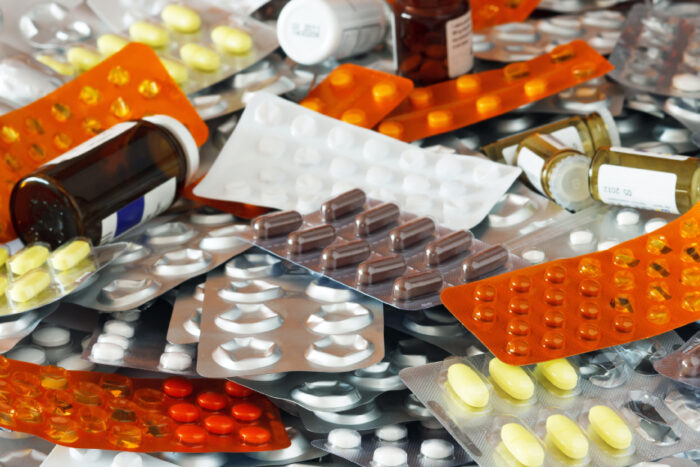
When we take a medicine, a part of it is eliminated from our bodies through pee or poop, which then makes a long journey to reach the sewage system. In the sewage, many pollutants are removed from the human excretions. This less polluted water is then returned to the rivers, which will then reach the sea. Unfortunately, in many places in the world, there are no sewage systems and human excretions end up directly in the environment, which creates a lot more pollution.
Generally, the water of rivers is also used for irrigation of crops and is used by humans for drinking and other purposes. Have you ever seen water sprinklers in crop fields? This is irrigation at work. What happens if there is something in the water that is not supposed to be there, like a pollutant? You’re right. It will be spread all over the plants!
Almost every city has some kind of water treatment that happens in specific places, called water treatment plants. In this case, the water goes through another stronger process of purification, so that we can safely drink it. But our water treatment plants do not have enough technology to remove all the pollutants, such as medicines. These unremoved medicines in rivers, lakes, and oceans can even reach us—since they could be present in drinking water and in any fish that we might eat.
Other Ways Medicines Reach The Environment
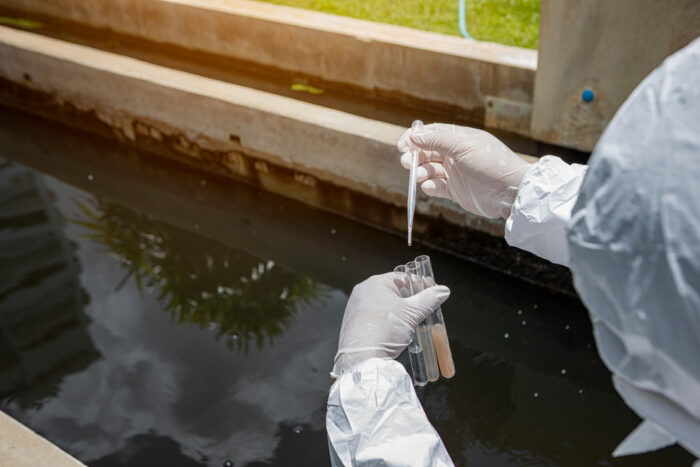
There are many ways in which medicines can reach the environment and pollute it. But those topics are too detailed to discuss here, so we will focus on the aspects of medicine pollution that we can all control.
Sadly, many people still throw away medicines, putting them in the trash or flushing them down the toilet. In places where trash is collected, the discarded medicine often ends up in a landfill. A landfill is a place where our solid waste is dumped and buried. But landfills are not perfect and require constant monitoring. Substances buried in landfills, including discarded medicines, may leak out into the soil, leading to contamination of soil and groundwater.
What Can These Medicines Do To The Environment
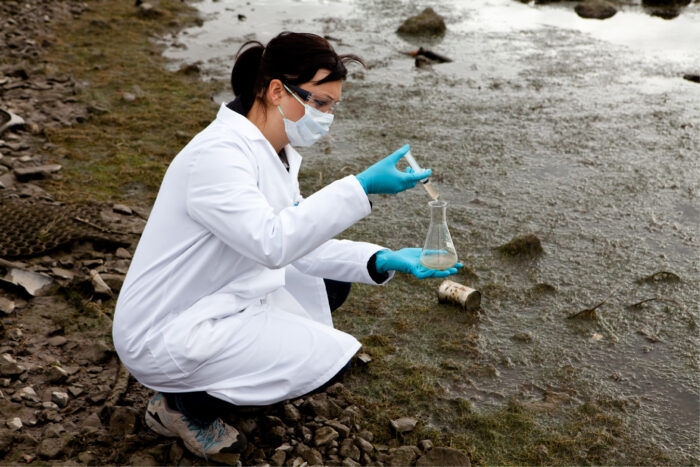
Pollution of aquatic systems by medicines can damage the organisms living in those systems.
Medicines in the environment may also be contributing to the rise in bacteria that are resistant to antibiotics. Antibiotics were developed to combat bacterial infections, such as pneumonia. However, these substances need to be strictly controlled, because bacteria that are immune to the effects of antibiotics can be very harmful to humans—we can no longer fight them with our more common antibiotics.
So, as you can see, it is very important that we help to keep all medicines from reaching the environment where they can harm other animals and also potentially harm us.
How Can We Help Avoid Pollution By Medicines?
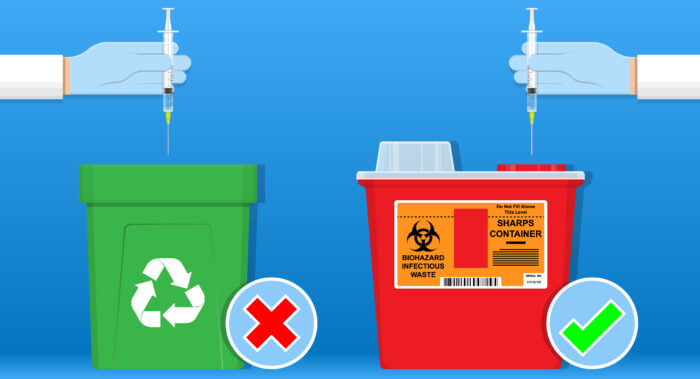
First of all, no medicines should be disposed of in the trash, in the toilet or down the sink. How do we safely discard medicines, then? A very simple method is to separate out the medicines that you and your family are no longer using, or those that have passed the expiration date. Then, find a location that will accept these medicines and safely dispose of them for you.
Another possible way to safely dispose of medicines is to bring them back to the place where they were purchased. Many medicine stores collect expired medicines and give it to government agencies that can safely dispose of these medicines. Ask your parents and siblings to help you find these drop-off spots in your city.
Lastly, there are still a lot of us who don’t know about what happens when medicines get into freshwater, sewage systems and drinking water. We should improve our understanding of medical waste and read and educate our friends and family about this topic.
So, even though medicines that are improperly disposed of can be harmful, you do not have to stop taking medicines! Medicines have made it possible for humans to live longer and healthier lives. However, it is worth remembering that we must be very careful to use and discard medicines properly. You can become a more responsible citizen using the information we have provided, and you can even explain this information to the other people in your family and school.
Raza has been writing since 2008, be it fiction, poetry, or articles on science, politics, and history. He believes that words can change the world, and he uses them to inspire and empower people through his writing. When he is not working, he is watching nature documentaries or playing with his cats.
Comments
Prapti Sharma
March 27, 2021
Thanks for the information